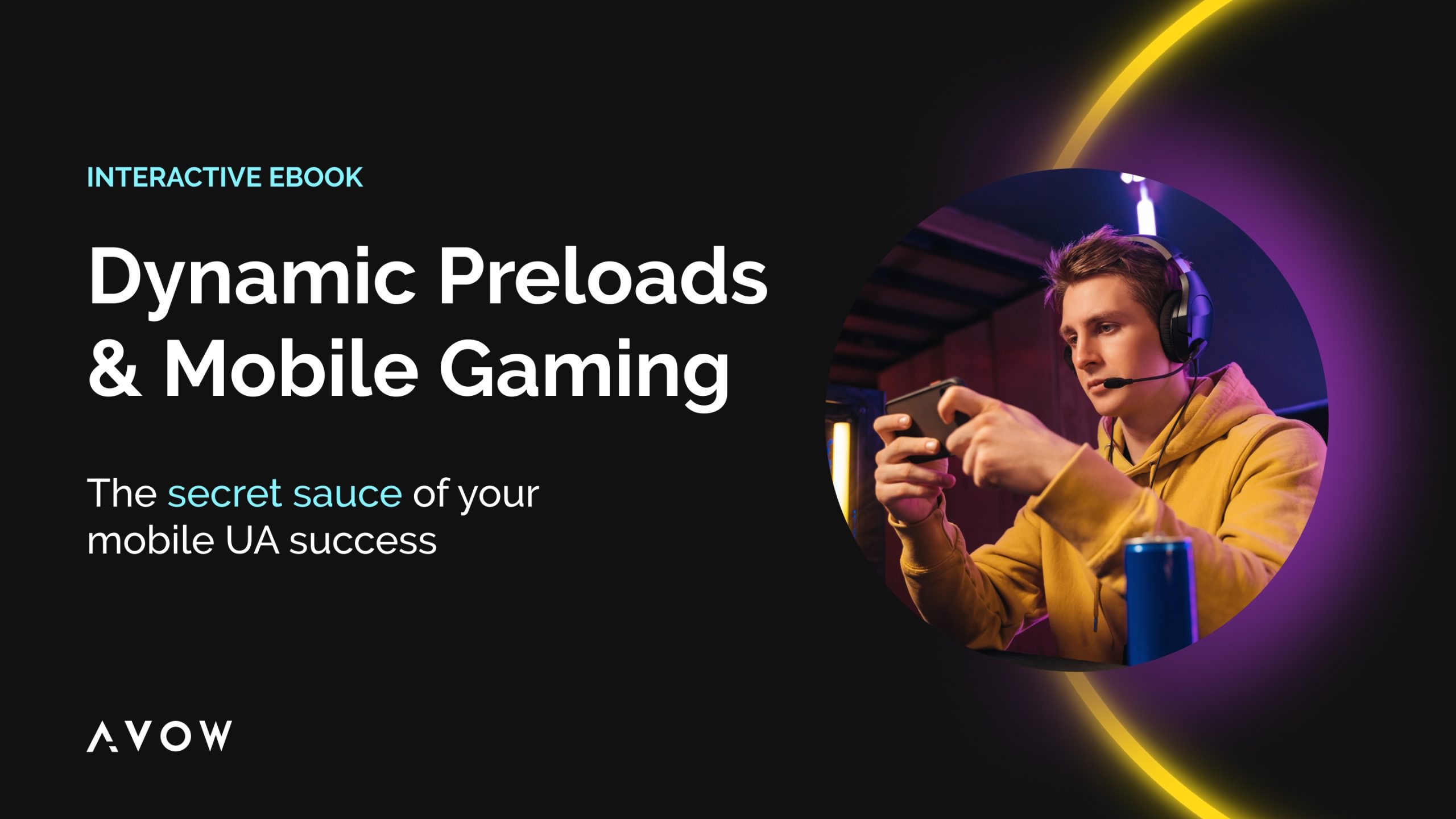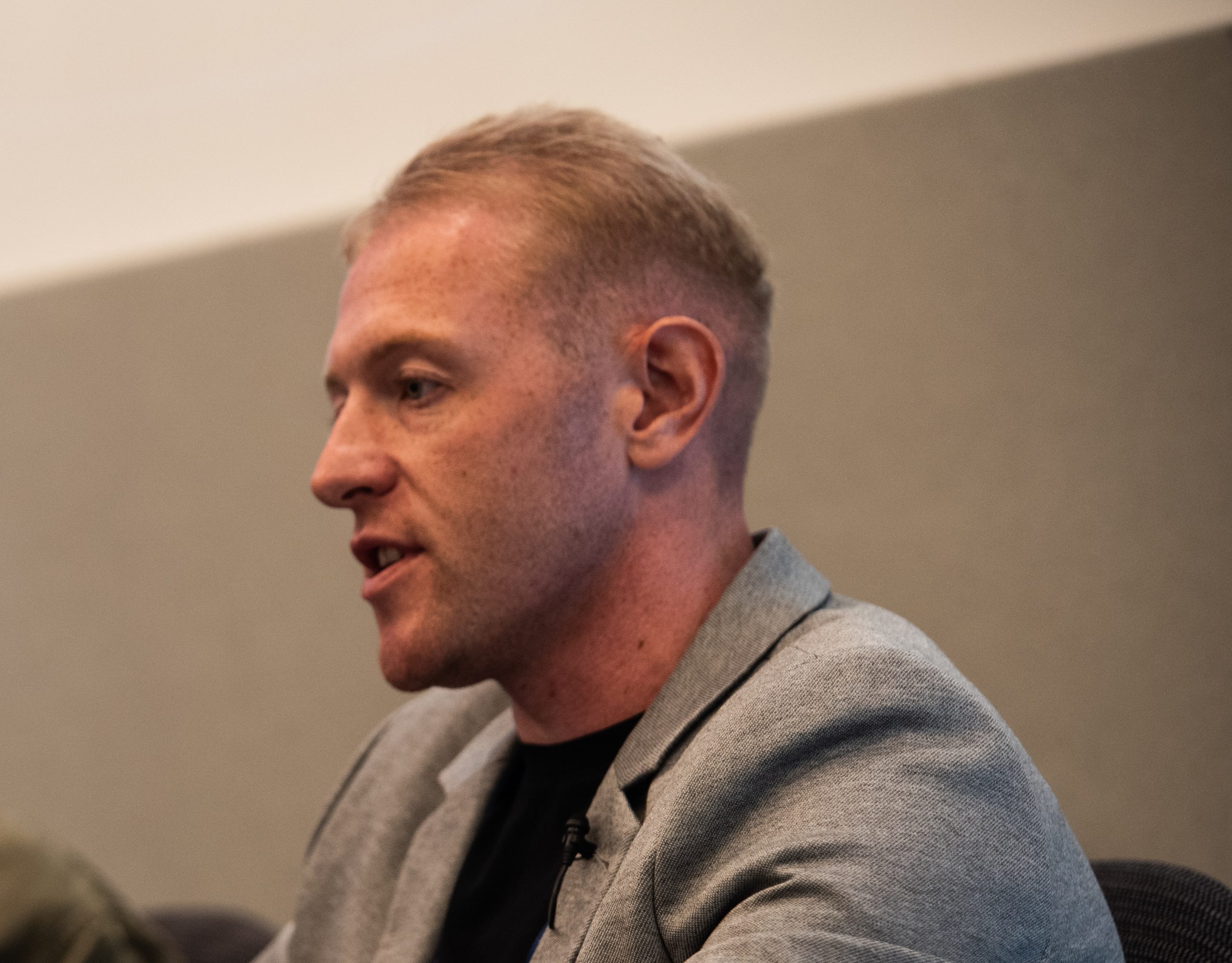News feed changes a win-win for Facebook
- Monday, January 22nd, 2018
- Share this article:
Jasmine Pickel, SVP of social media at North 6th Agency, looks at the impact of Facebook’s recently-announced changes to how its news feed will work.
 Facebook is making a major change, altering the formula that determines the content we see in our news feeds. What was once a curated feed of videos, articles and headlines from followed pages, our Facebook news feeds will now more likely be filled with statuses from friends and family – items considered more meaningful social exchanges, according to the social media platform.
Facebook is making a major change, altering the formula that determines the content we see in our news feeds. What was once a curated feed of videos, articles and headlines from followed pages, our Facebook news feeds will now more likely be filled with statuses from friends and family – items considered more meaningful social exchanges, according to the social media platform.
This change, though, does not come without impact to users, businesses, and the overall social media landscape. What we’re seeing is a bold move by the tech giant that will not only affect publishers and advertisers, but consumers and other social platforms as well. Breaking down this major decision by Facebook starts with evaluating why it was made in the first place, who it’ll be influencing, and how.
An attempt to counter adverse reactions
Facebook is taking decisive action, recoiling against the tough backlash it received over fake news and Russian interference in the 2016 election. By limiting the reach of publishers’ content through algorithmic changes, Facebook appears to be firming its grasp on what gets seen by users. This will ultimately give the social media company more control over the content that gets viewed, and they’re signaling that it will be coming from (at least who they deem to be) “reputable publishers.”
What could also be happening here under the guise of this positive headline is an effort to increase usage rates, which have stagnated across some younger demographics which are flocking to other platforms that their parents aren’t on such as Instagram and Snapchat.
In lieu of content from publishers, users can now expect more often to see stories relating to what Facebook calls “meaningful interactions” between people within their network. Other platforms benefit from not being held to the same insatiable scrutiny as the world’s largest social network, but they’d be well advised to implement similar safeguards before their time in the limelight.
Advertising amid a drop in share price
Although its stock price dipped with the announcement, Facebook – the behemoth it is – would be unlikely to make a move that would negatively impact its long-term prospects. We can therefore consider this news feed change a positive one for the brand’s long-term strategy and viability, even if it causes some short-term pain.
It remains to be seen what exactly the impact will be on the company’s bottom line. However most likely, supply and demand forces will drive up the price of what space remains for publishers, meaning Facebook wins, by charging publishers a higher premium for ad space and showing them less frequently on our feeds.
Publisher and brand sentiment
Publishers aren’t happy at the news, as many have already seen a decline in the reach of their content leading up to these changes. Many are critical of Facebook’s power to determine the worthiness of content and to hand-select what it deems “reputable publishers”, especially as it relates to the political sphere, which could be reflective of the company’s political biases rather than a true democracy of opinions. There has also been criticism that this change will have the unintended consequence of reducing the visibility of high-quality and more thoughtful pieces that may not come to the surface with the new algorithmic changes.
Facebook remains one of, if not the most cost-effective forms of advertising available to marketers today. While it’s a fraction of the cost of traditional media, and even sometimes a fraction of the cost-per-click of other digital alternatives (such as its biggest rival, Google), smart brands will adjust their social media marketing strategies accordingly.
Social platforms and user preference
Facebook, of course, has the luxury of owning Instagram, which is factored into all strategic decisions it makes, like this one. If it’s likely they’ll lose users to another platform, the most likely beneficiary would be Instagram, which would not harm the company irreparably. Ultimately, people use social media differently, and this change will impact those demographics differently.
As intended, consumers can expect to see a reduction in content from publishers and brands which will be replaced by more meaningful interactions from individuals within their network. For those who used Facebook predominantly as a news source – for published content as opposed to social stories – we could see an uptick in use amongst Twitter profiles or other more news-based sites.
Ultimately this move by Facebook is being made in an attempt to better the experience of users – but while the fate of brands and publishers remains unclear, it is safe to assume discontent that may spark both criticism and a shift in strategy. Facebook has become so entrenched in our society as the go-to forum for the exchange of news, updates, and ideas that we sometimes forget how much power the company holds in determining the content we consume. Like them or hate them, the changes had the positive effect of causing us all to pause and reflect, bringing this reality back into conscious consideration.
















